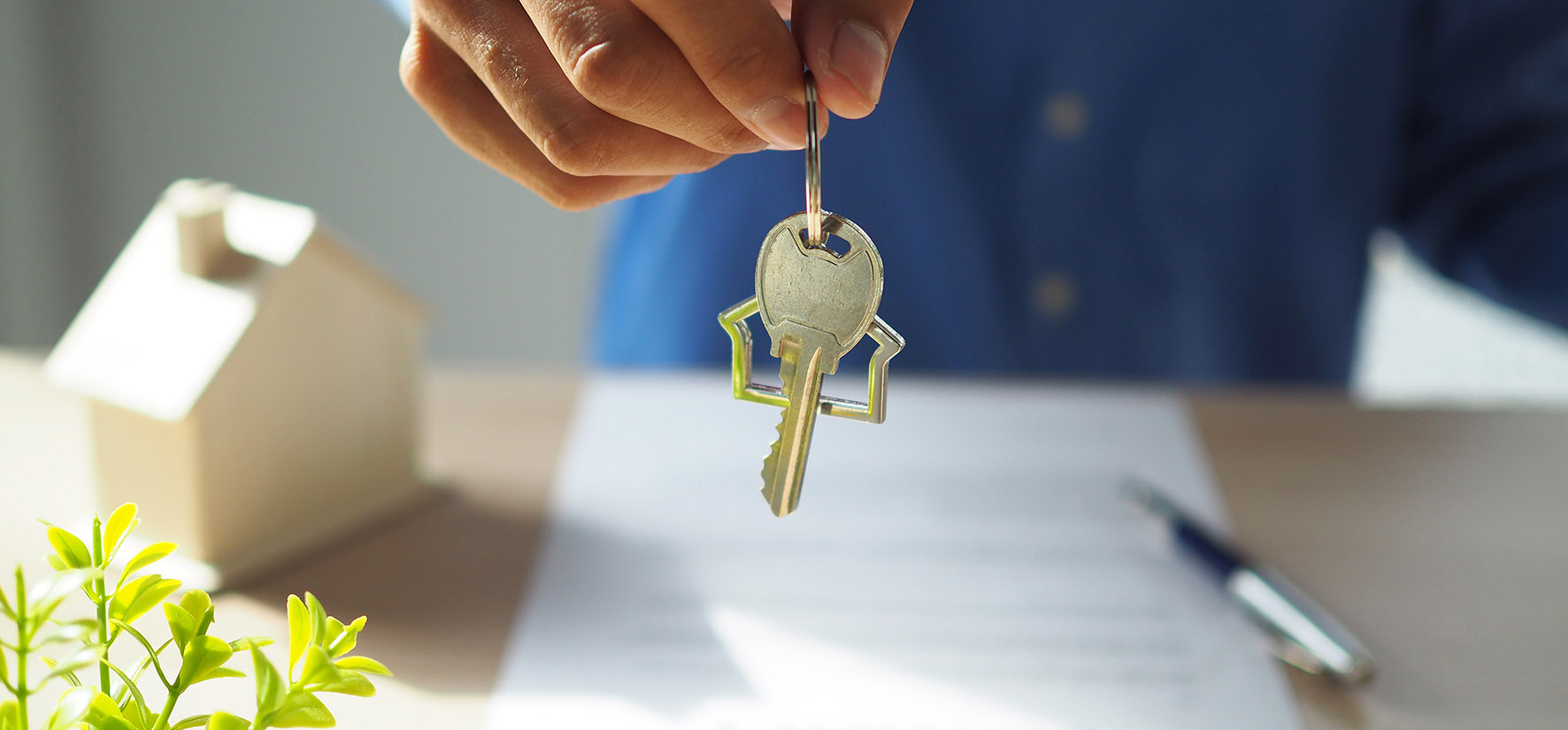Nobody said being a landlord was easy. Depending on how many properties you’re looking after, you could spend almost all your time juggling requests and repairing faults.
It can feel impossible to keep on top of everything at once but landlords should be aware of and responsible for all potential gas, fire and electrical hazards within their properties at a bare minimum.
All landlords should prioritise the protection and safety of their tenants above all else. Otherwise, they may be liable for financial and legal damages in the event of a serious accident and could end up losing all professional respect.
Why should landlords assume responsibility for the maintenance of rented properties?
While tenants are responsible for their own items and assets, the landlord is responsible for almost everything else when it comes to keeping things functional and safe. This includes everything from the electrical wiring and the boiler/central heating to ventilation, sinks, showers, baths toilets and drains. In essence, if it’s a part of the house then it’s the landlord’s problem if things go wrong.
The period it should take for a landlord to see to repairs will depend on the terms signed at the start of the contract and how serious the problem is. If the tenants are at risk from a gas, fire, or electrical hazard, however, they must act as soon as possible.
How can landlords protect their tenants?
Insurance – Arguably the most important thing for landlords when it comes to protecting themselves and their tenants is sorting out landlord insurance. This will cover everything from accidental damage to loss of rent and while you might not need it legally, you open yourself up to all kinds of legal troubles if you don’t have it.
Electrical safety – All electrical installations must be in safe working order with the CE marking, where applicable. It’s recommended that all landlords commit to regular EICR tests, which can be carried out by a qualified electrician. They can also carry out PAT tests on electrical appliances such as kettles, toasters and microwaves.
Alarms – All private sector landlords must have at least one smoke alarm installed at every level of their properties, and you should regularly test these alarms to ensure they’re in working order. In homes of multiple occupancies, meanwhile, fire extinguishers should also be available. In any room with a wood or coal fire, carbon monoxide alarms should also be available.
Fire safety – Alongside alarms, all furniture that the landlord provides should be fire-safe and homes should be arranged so that tenants always have access to an escape route in case of fire.
Damp and mould – If there are any problems with dampness or mould, or any kind of pest infestations, it’s the responsibility of the landlord to sort it out and make the property suitable to live in.
Gas safety – Ensure that all gas equipment has been installed by a gas-safe engineer and that annual gas safety checks are carried out. Individual gas appliances, meanwhile, should also be serviced regularly.
Garden Furniture You Need All Year Around





